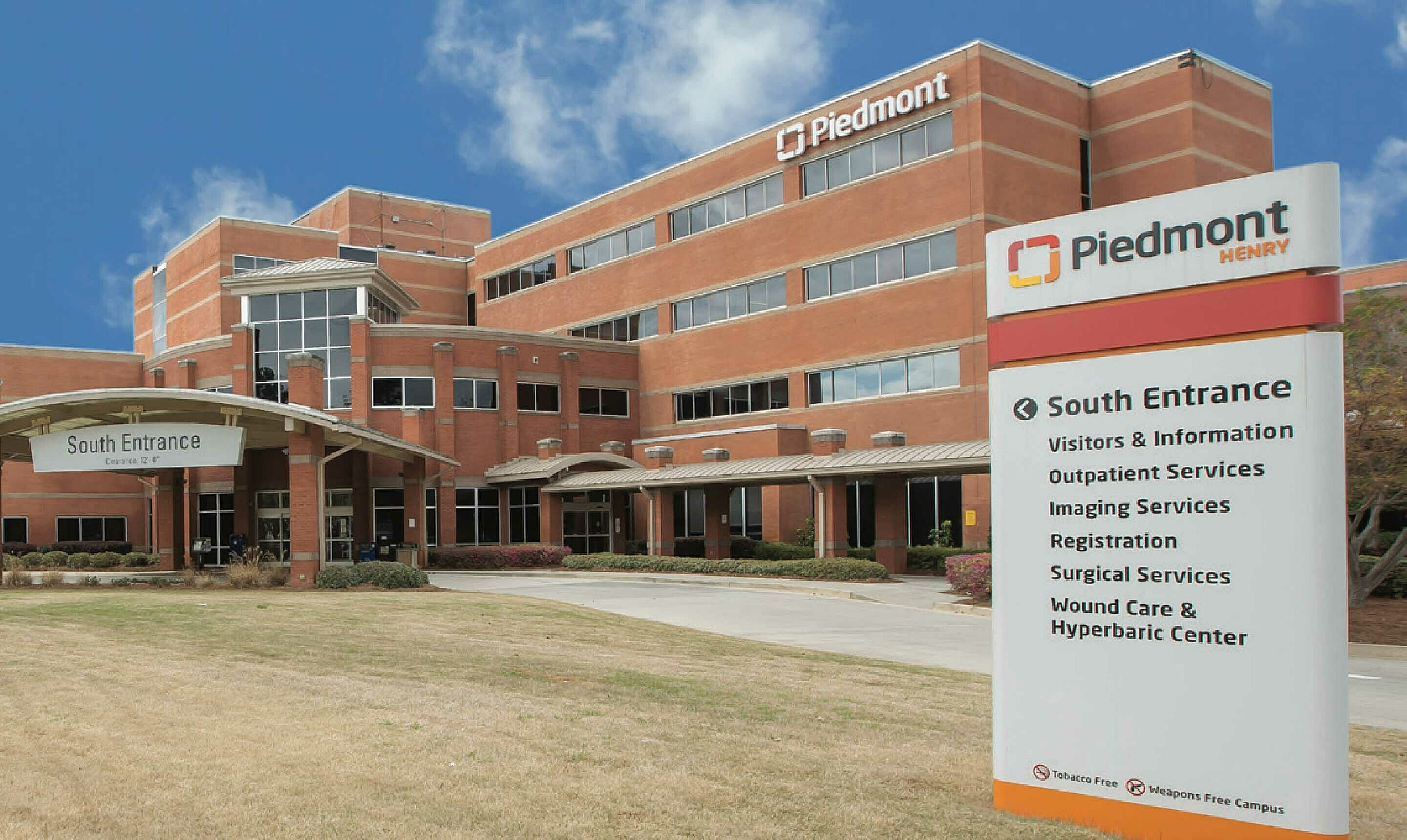Atrium Health Wake Forest Baptist is a pre-eminent academic health system based in Winston-Salem, North Carolina and part of Atrium Health Enterprise. They’re dedicated to providing the highest quality services and improving the health of their region, state, and nation.
The Issue
Atrium Health Wake Forest Baptist needed a more efficient and effective way to monitor and manage temperatures of their pharmaceutical, nutrition, and research refrigeration equipment. With a long-standing commitment to excellence, they already had top-level staff, dedication to premier patient care, and international recognition for their significant work in medicine. But in order to meet external and internal regulatory requirements, staff was spending a very significant amount of time walking around the campus checking the temperature of refrigeration units. Important as it is, that manual process was cutting into the time they had available to deliver the level of care that Atrium Health Wake Forest Baptist and its patients expect. As with most hospitals, their existing temperature management process was inconsistent, manual, and very time-consuming, with the overall process resulting in more than 10,000 staff hours annually doing the mandated, twice-daily temperature checks. This time commitment alone was calculated at a value of $300,000 per year. There was also a level of concern about the validity and accuracy of the current process, since it relied exclusively on staff to do a job that was manual and mundane.
The sheer size of the organization, spanning multiple geographically separated buildings and campuses, meant that locating more than 700 refrigerators was a logistical nightmare. When asked, staff quickly identified this task as one that consumed valuable care time and interrupted their ability to focus on their patients. Staff also conceded that removing this particular duty from their day would go a long way to making their workdays more enjoyable. With that feedback, it was evident something had to be done to drive efficiency and accuracy around temperature management. Atrium Health Wake Forest Baptist turned to their office of Enterprise Visibility (EV). The office of EV has responsibility for all real-time technologies within the health system, as well as responsibility to make sure functionality and systems aren’t duplicated within the organization (and costs aren’t incurred because of duplication). The organization wanted understanding of what could be done, and how to leverage the current infrastructure to its fullest capabilities.
Primary goals of the initiative were to implement a solution that leveraged existing infrastructure as much as possible, delivered meaningful improvements quickly, and increased compliance, took the burden off of care providers, and guaranteed the safety of valuable refrigerated contents.
The Solution
It was quickly determined the most appropriate and cost-effective way to achieve these goals was to leverage the existing CenTrak RTLS infrastructure. The solution was to add their real-time wireless temperature sensors as the basis for a system-wide temperature management program.
As with any innovative approach, it was obvious a successful solution would require much more than just a technological upgrade. The situation was thoroughly researched to ensure there was a complete understanding of internal, state, and federal regulations and requirements, and that key internal stakeholders were consulted. Taking these actions would guarantee the new process was appropriate, and that it wouldn’t have unintended consequences on its way to achieving the goals.
Highlights of the process and implementation included:
- A new standard operating procedure, which outlined the testing, calibration, installation, monitoring, compliance logging, documentation, reporting, downtime, and maintenance, processes of the new real-time temperature solution.
- Temperature probes and tags were certified to meet requirements and installed in the refrigeration units, and software was configured to meet the appropriate temperature compliance ranges.
- All of the refrigeration units were identified and cataloged, and those not functioning up to standards were repaired or replaced.
- An automated process for alerting appropriate personnel with an escalation path dependent upon the severity, content type, and duration of the temperature malfunction was put into place.
Processes were designed to ensure that everyone understood the actions and responsibilities required in the event that alert situations take place.
A small pilot was conducted, which compared data from the existing process and the new process in order to confirm and validate the accuracy of the new solution. The pilot demonstrated the high degree of accuracy of the new solution, solidifying that this was exactly what Atrium Health Wake Forest Baptist needed to solve their temperature management problems and reach their goals.
Upon successful completion of the pilot, the solution was deployed across Atrium Health Wake Forest Baptist to include all types of refrigeration units, including those in the academic medical center’s research labs as required.
The solution currently monitors over 1,000 temperature units.
Total Solution ROI
The Impact
The impact of the solution was immediate. Within days of go-live, compliance soared to nearly 100%. The new process and systems also earned high praise from The Joint Commission, the Centers for Disease Control and Prevention, and the local health department, which commented how they wished every hospital could have a solution that provided answers and documentation to their questions with just a few clicks. Most importantly, the solution achieved the desired results in patient care, compliance, staff satisfaction and cost savings goals:
- Care providers appreciated shedding the task from their daily schedule.
- 10,000 extra hours in care-providing time was returned to providers on an annual basis.
- Accurate and complete documentation was reached, due to the automatic collection of temperature readings every 10 minutes, at every location, every day of the year.
- Monitoring now takes place 24 hours per day, even in locations that are not staffed after normal business hours.
- Instantaneous notifications created opportunity for early alerting and quick response.
- Electronic corrective action logs are kept for every action taken in response to alerts. With this information, logs are easily and instantly produced in the event of regulatory reviews.
- Massive savings were seen by avoiding the negative outcomes of spoilage due to failing refrigeration units. In one incident alone, 6,000 doses of flu vaccine valued at $90,000 were saved.
- About 8% of the refrigeration units in the hospital were found to be incapable of holding required temperature and were replaced immediately; something that wouldn’t have been detected and corrected otherwise.
Due to the success of this automated temperature management solution, the organization now has an efficient, effective, and streamlined temperature management process that allows care providers to focus on what really matters: providing the ultimate patient experience to all those who receive care at Atrium Health Wake Forest Baptist.








